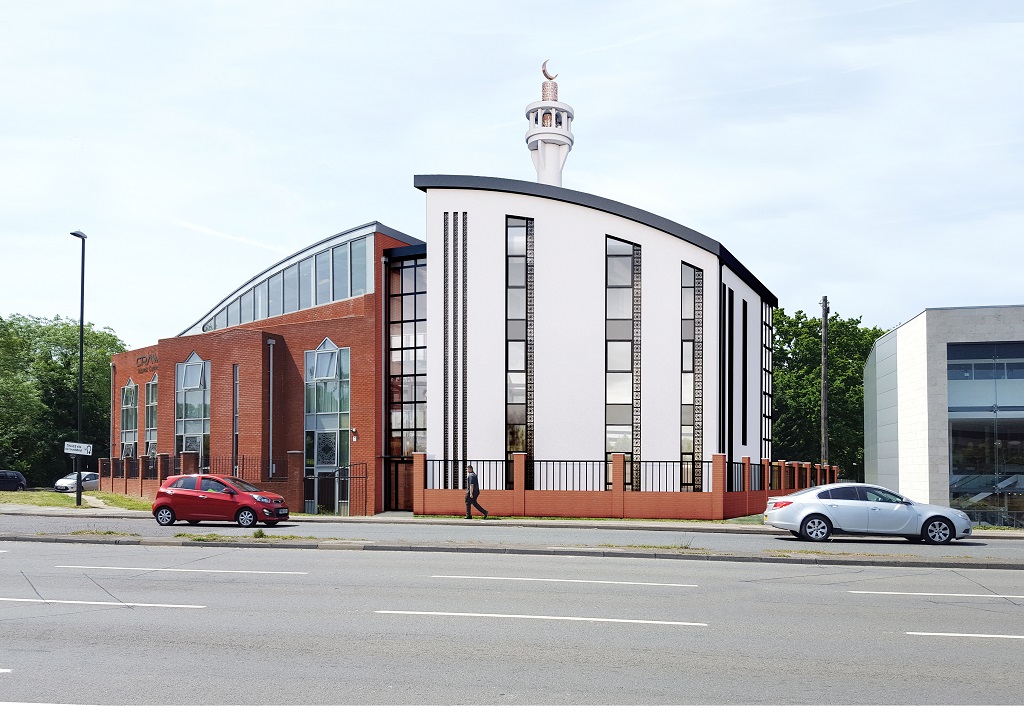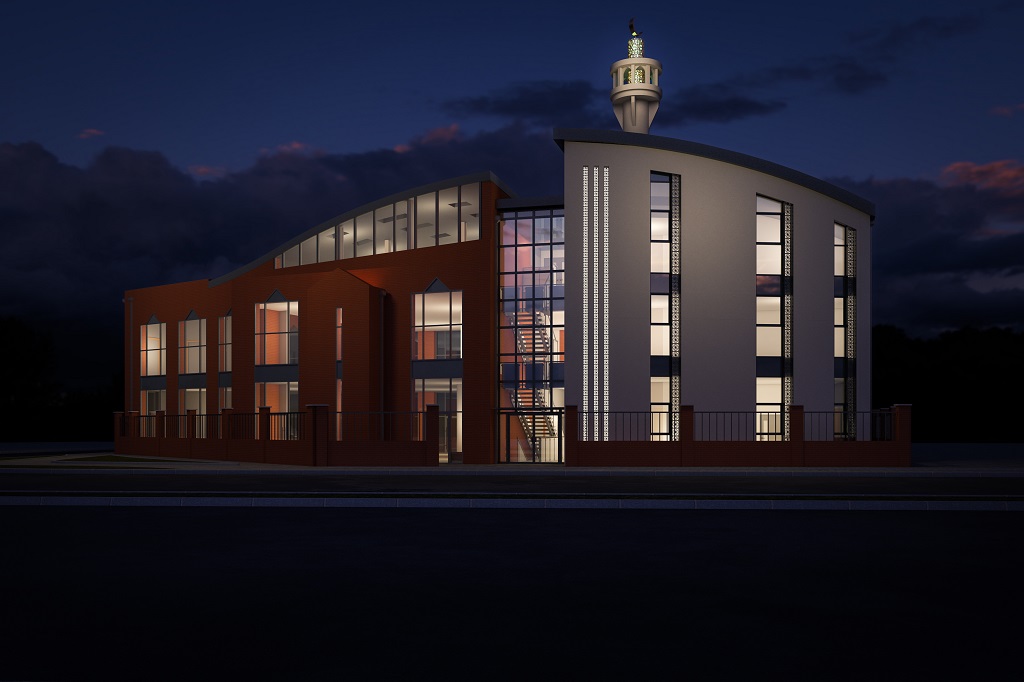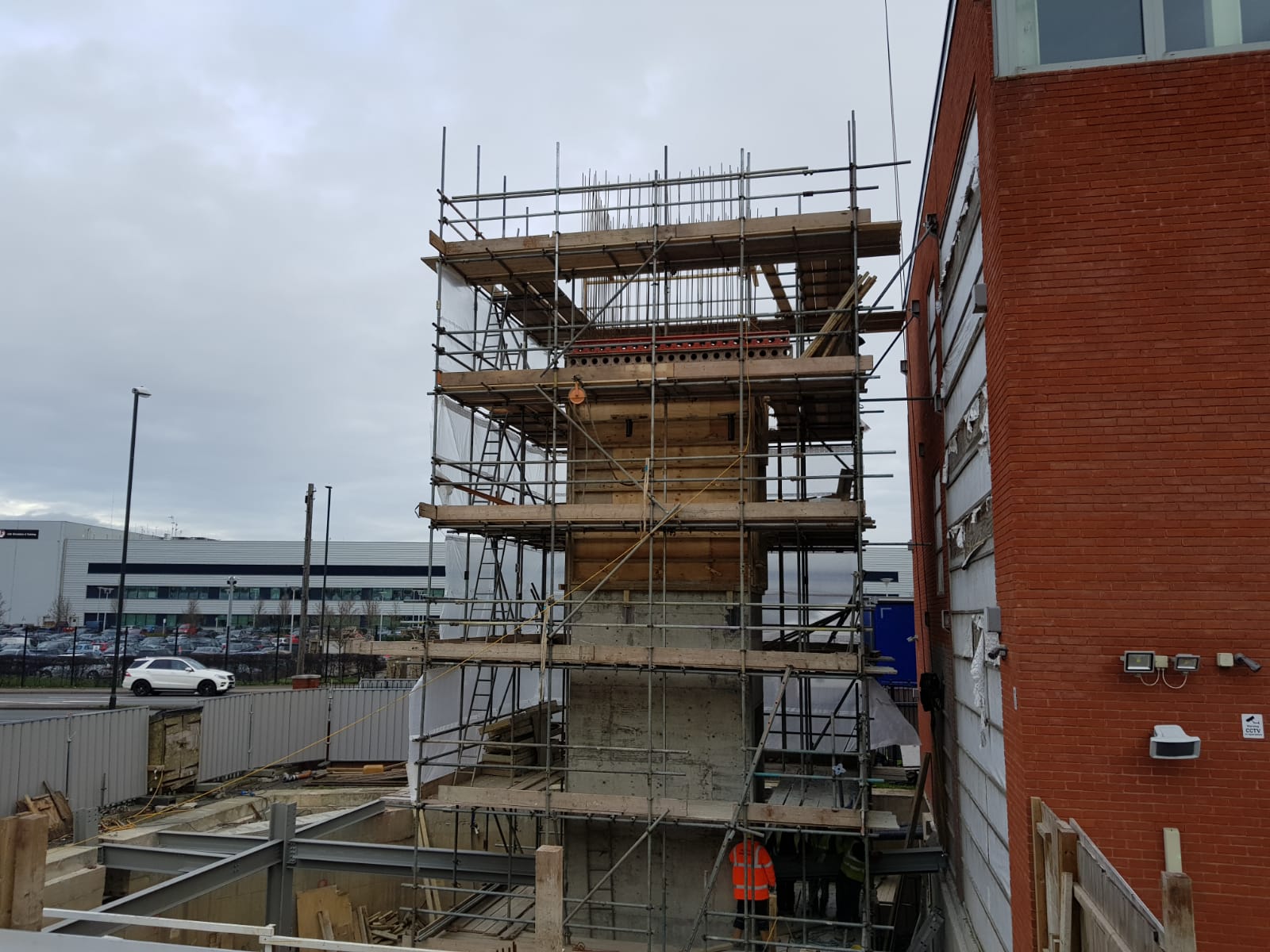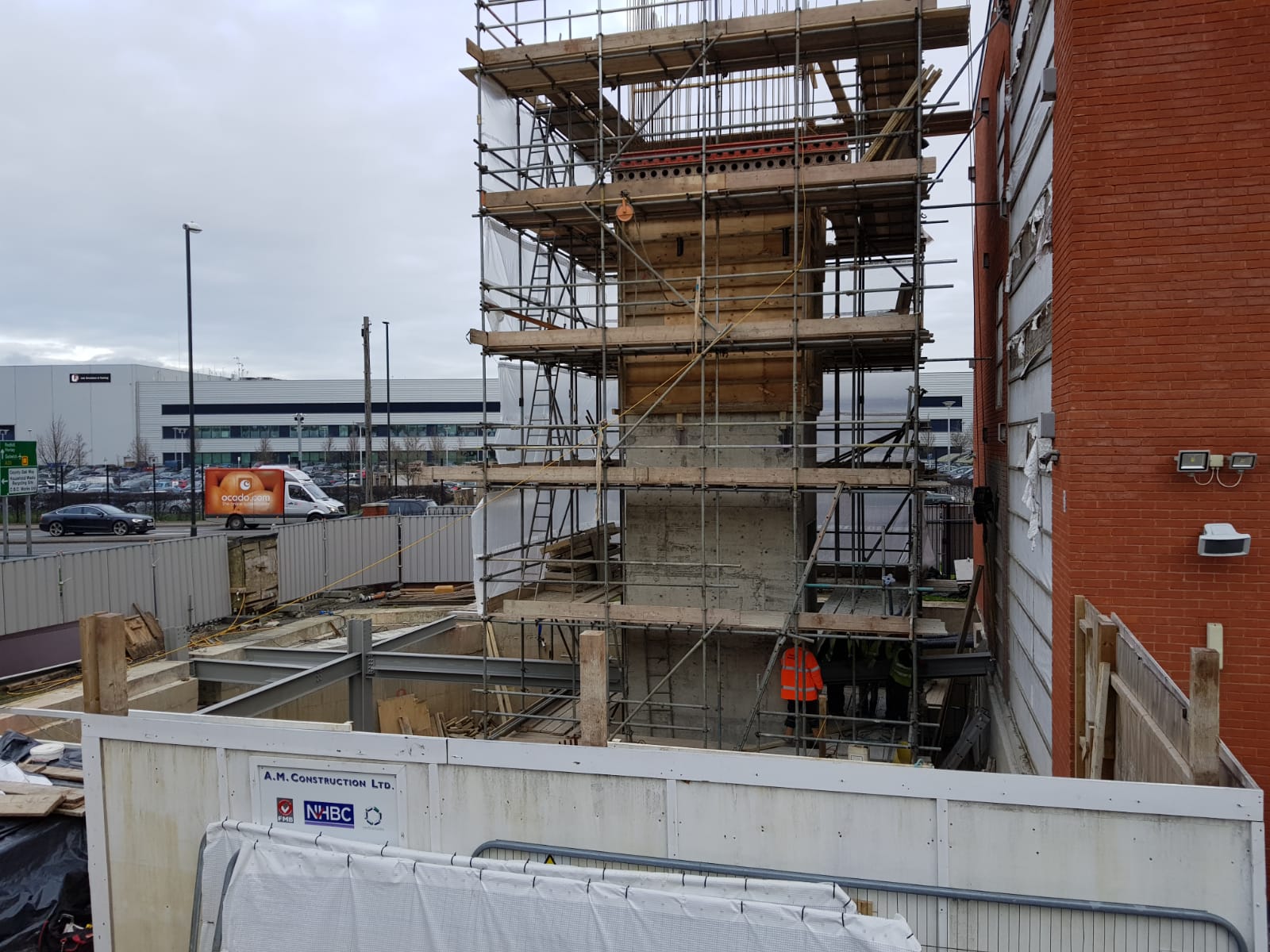Salah Times
| Begins | Jamaat | |
|---|---|---|
| Fajr |
|
|
| Zuhr | ||
| Jummah | 13:25 | 13:30 |
| Asr | ||
| Maghrib | ||
| Isha |
About Crawley Islamic Centre and Masjid
The Crawley Islamic Centre and Masjid (CICM) have come a long way since the centre was set up in 1978 by a handful of Muslim families in Crawley and based in a bungalow, which has now been demolished, on the site.
CICM was registered as a charity & gained charity status on the 25th of August 1977. Since then the community has grown over the years and now Alhamdulillah over 700 brothers attend Jummah prayers regularly. As time moved on, CICM improved facilities to accommodate the increased attendance, by erecting 3 x temporary wood & glass based room extensions at 3 sides of the Masjid. Even with the extra space the brothers are forced to pray in the car park on Jummah in sometimes inclement weather conditions.
CICM also represents the community at local and central Government level and has always endeavoured leading the Muslims affairs in the local borough. The Mosque is being completed in two phases. The first phase has been finished at a cost of £1.1 million. This comprised the construction of the main building and basement.
Masjid Phase 2 Construction Project
We aim to build a multi-purpose Masjid and Centre providing a range of services for our community, with the potential to develop
new services in response to changing community needs.
With our Phase 2 project, we look to add an Activities Area, a Communal Dining Area, a Function Room, Adaptable Classrooms, more Wudhu areas, Increased Prayer Space and a
Funeral Facility.
The Prophet (peace be upon him) said:
“The most beloved of places to Allah is the mosque, and the most detested of places to Allah is the marketplace.” [Sahîh Muslim] There is great reward in building a mosque for Allah’s sake. The Prophet (peace be upon him) said: “Whoever builds a mosque for Allah, Allah will build for him likewise in Paradise.”
Alhamdulillāh, we are pleased to inform you that we have made significant progress with the completion of the water-tight building and structural works. However, we now face a critical need for £2,000,000 funds to complete the internal works (Phase 3) including mechanical, electrical, plumbing (MEP), plastering, flooring, ceiling work, painting, furnishing, and equipping the facility. We have broken down Phase 3 in to three (3) sub phases to complete in next 24 months Insha'Allah. We are in urgent need to complete first sub-phase (Phase 3A) by the next Ramadan.
PHASE 3A : £1,100,000
Rest of the MEP completion, ground floor, kitchen and first floor in the new building.
PHASE 3B: £700,000
New building basement and second floor with remaining ablution area and toilets.
PHASE 3C: 700,000
Alhamdulillāh, we are pleased to inform you that we have made significant progress with the completion of the water-tight building and structural works. However, we now face a critical need for £2,000,000 funds to complete the internal works (Phase 3) including mechanical, electrical, plumbing (MEP), plastering, flooring, ceiling work, painting, furnishing, and equipping the facility. We have broken down Phase 3 in to three (3) sub phases to complete in next 24 months Insha'Allah. We are in urgent need to complete first sub-phase (Phase 3A) by the next Ramadan.
Phase 3 Masjid Construction (25%)
Paid so far
£0
Balance of the Masjid
£500,000 (approx.)
Total Target
£2,500,000
Shortfall
£2,000,000
Donations
Registered Charity: #274153
Donate via Bank Transfer
Donate to the Masjid using a bank Transfer.
Bank Details:
Bank: Barclays
Account Name: Crawley Islamic Centre and Mosque
Account Number: 43704793
Sort Code: 20-23-97
SWIFT/BIC: BUKBGB22
IBAN: GB32 BUKB 2023 9743 7047 93
Contact Us
For any queries, please fill out our Contact Form
Crawley Masjid (CICM)
157 London Road, Crawley, West Sussex, RH10 9TA
2024 © CICCM





